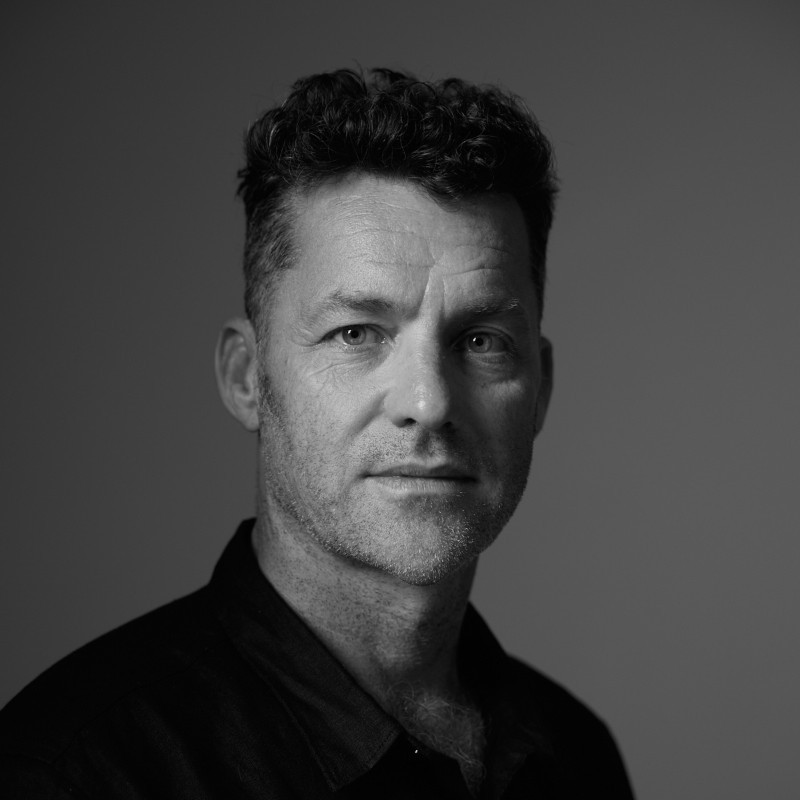
ASKING FOR A FRIEND
How do I handle joining a team that's notorious for working long hours and weekends?
ASKING FOR A FRIEND - QUESTION
Landing a dream account comes with a catch: the team is notorious for working nights and weekends. Simon Lee, Chief Creative Officer and joint owner of The Hallway with extensive creative leadership experience, teams up with psychologist Ash King, who specialises in supporting creatives with workplace challenges, to tackle this common dilemma. They explore how to handle joining a team that's notorious for working long hours and weekends without sacrificing your wellbeing or career prospects. From proving your worth through quality output to navigating team dynamics and maintaining personal boundaries, this discussion offers practical strategies for creatives facing this tricky situation. The conversation acknowledges the social pressures of team culture while emphasising that great work doesn't require endless hours.
Landing a role on an amazing brand is exciting, but what happens when that team has a reputation for burning the midnight oil? It's a dilemma many creatives face: do you fall into line with the established culture, or can you find a different way to deliver great work?
The good news is you don't have to sacrifice your wellbeing to prove your worth. There are ways to navigate this tricky situation whilst maintaining your boundaries and still being a valued team member.
This question was answered by Simon Lee, Chief Creative Officer and joint owner of The Hallway with extensive experience in creative leadership, and Ash King, a psychologist and cyberpsychology researcher at the University of Sydney who specialises in helping creatives manage workplace pressures and mental health challenges. Andy Wright served as the host.
You don't have to work like everyone else
The most important thing to remember is that you absolutely don't need to fall into the same patterns as your new team. As Simon puts it: "You can absolutely categorically deliver quality of work without having to work late every night and all the weekends."
The key is proving this through your output. "It's about the work that's in the output that matters," Simon explains. "If you are capable of delivering the quality of output which is required without working those nights and without working those weekends then bring it on."
Focus on demonstrating that great work doesn't require endless hours. Your results will speak louder than your time sheet.
Navigating the team dynamic
The trickier part is handling the social aspect. There's often a certain camaraderie that develops when teams work long hours together, and stepping away from that can feel awkward.
Simon acknowledges this challenge, sharing his own experience of feeling frustrated when a team member didn't join weekend work sessions. "That is really tough," he admits, recognising how these situations can create tension.
The reality is that this culture needs to change, but your position in the hierarchy will affect how much influence you have over that shift.
Taking control of what you can
When you can't change the entire team culture, focus on what you can control. As Ash suggests, "Make sure that you have control over you. You may not be able to change where the team works but you might make a decision to go, you know what, I can control, I'll do this for a certain amount of time because of this, but I'm in control of how long I do it for."
This might mean setting a timeline for how long you'll work in this environment, or establishing clear boundaries about what you will and won't do. The key is maintaining your agency rather than feeling like you have no choice.
When hard work feels worth it
It's worth noting that not all intense work periods are problematic. Simon reflects on times when working long hours felt rewarding: "There's been periods where I have worked days and nights and it was great because I was working that hard because I was loving what I was doing and it was really important to me."
The difference is choice and passion versus being "dragged outside of what you feel is right." Short bursts of intense, collaborative work can be energising when they're meaningful and voluntary.
Staying true to your values
Ultimately, this comes down to being authentic to yourself and your values. As Simon puts it: "Be true to yourself." If the team's working style consistently conflicts with your wellbeing and values, it may be time to consider whether this is the right environment for you long-term.
Remember, proving your worth through sustainable work practices might actually help shift the team culture over time. You could be the catalyst for positive change.
Getting support through NNC Circles
If you're struggling with workplace pressures and feeling isolated in your decisions, NNC Circles could provide valuable peer support. These are confidential support groups for creatives facing similar challenges, where you can share experiences and get advice from others who understand the industry pressures. The monthly sessions create a safe space to discuss workplace dynamics and develop strategies for maintaining your wellbeing. Learn more about NNC Circles.
Using the support line
For more serious workplace issues like bullying or harassment related to refusing to work excessive hours, Never Not Creative's support line offers free introductory legal advice. If you're facing pressure or discrimination because of your boundaries around working hours, this service can help you understand your rights and options. Access the support line.
When to seek professional help
If the stress of navigating this situation is affecting your mental health, don't hesitate to seek professional support. Workplace pressure and the anxiety of not fitting in can take a real toll. There are many resources available specifically for people in our industry. Find help and support services.
You're not alone in this
Joining a team with an intense work culture doesn't mean you have to abandon your boundaries or wellbeing. Focus on delivering excellent work within sustainable hours, maintain control over what you can, and remember that your approach might just inspire positive change. Quality output matters more than face time, and proving that is one of the best gifts you can give both yourself and your industry.
our guests
Industry Leader

Simon Lee
Enigma
Mental Health Expert

Ash King
ashking.com
Host

